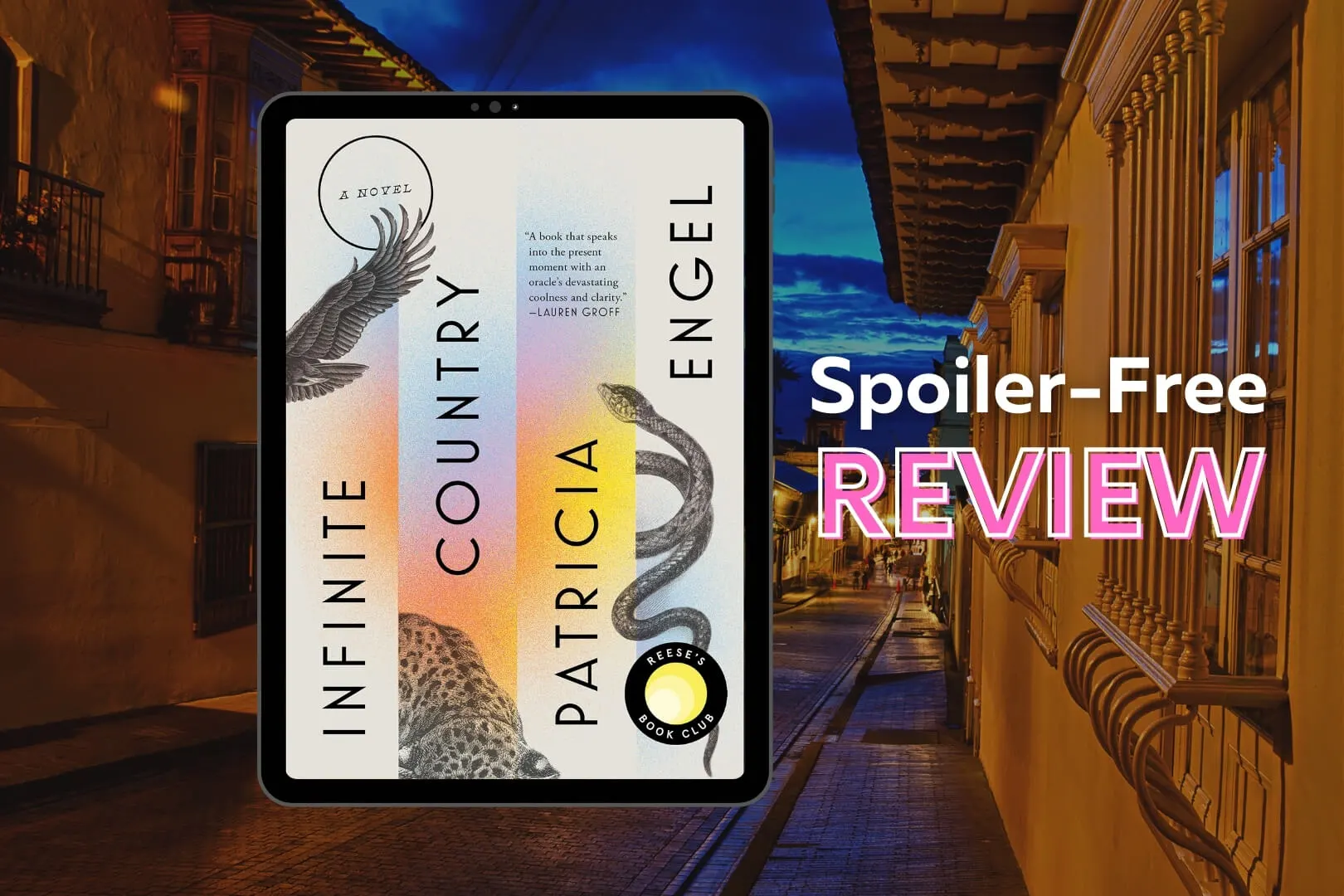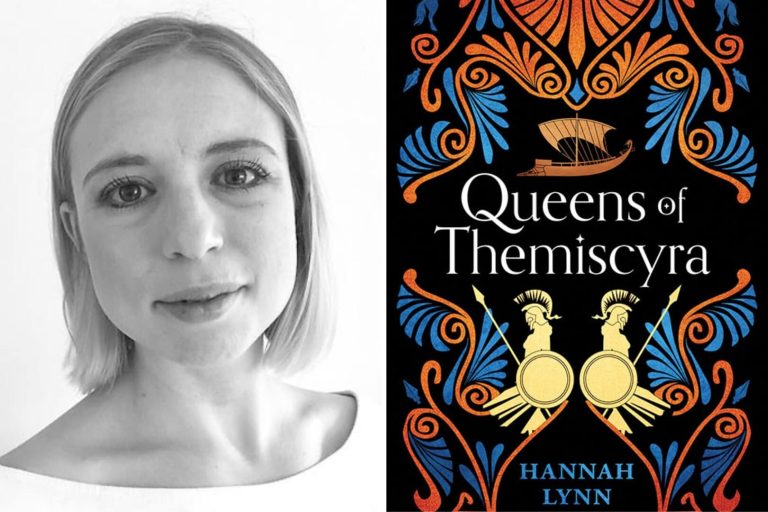Infinite Country by Patricia Engel is the story about a family divided by borders.
For the March book club pick, Reese Witherspoon selected Infinite Country. I didn’t know much about the book going in and I had wondered if there would be some similarities to American Dirt by Jeanine Cummins (without the controversies). Both tackle immigration and the hope of a better future in the U.S. But where American Dirt leaned in all the way with torture porn and action scenes, Infinite Country is more of a quiet, sad novel. I would say Infinite Country felt much more authentic than American Dirt as well.
Still, it took me a bit to get into Infinite Country despite the fact that it’s a shorter novel—at 208 pages. The halfway point for me when I got fully engaged. And the ending is very strong. So keep in mind this is more of a slow burn, literary fiction type read.
The Synopsis
Talia is being held at a correctional facility for adolescent girls in the forested mountains of Colombia after committing an impulsive act of violence that may or may not have been warranted. She urgently needs to get out and get back home to Bogotá, where her father and a plane ticket to the United States are waiting for her. If she misses her flight, she might also miss her chance to finally be reunited with her family in the north.
How this family came to occupy two different countries, two different worlds, comes into focus like twists of a kaleidoscope. We see Talia’s parents, Mauro and Elena, fall in love in a market stall as teenagers against a backdrop of civil war and social unrest. We see them leave Bogotá with their firstborn, Karina, in pursuit of safety and opportunity in the United States on a temporary visa, and we see the births of two more children, Nando and Talia, on American soil. We witness the decisions and indecisions that lead to Mauro’s deportation and the family’s splintering—the costs they’ve all been living with ever since.
Award-winning, internationally acclaimed author Patricia Engel, herself a dual citizen and the daughter of Colombian immigrants, gives voice to all five family members as they navigate the particulars of their respective circumstances. And all the while, the metronome ticks: Will Talia make it to Bogotá in time? And if she does, can she bring herself to trade the solid facts of her father and life in Colombia for the distant vision of her mother and siblings in America?
Rich with Bogotá urban life, steeped in Andean myth, and tense with the daily reality of the undocumented in America, Infinite Country is the story of two countries and one mixed-status family—for whom every triumph is stitched with regret, and every dream pursued bears the weight of a dream deferred.
Family Saga
The story features all five members of this Colombian family but we mainly follow the perspectives of Talia and her parents, Mauro and Elena. Talia’s story is told in the present as she tries to make her way back to Bogotá and eventually the U.S., while Mauro and Elena stories are in the past and documents their journey to the U.S. and forced separation.
As I mentioned, it took me a bit to really engage with Talia’s journey—her act of violence was an odd story choice that I felt could have been developed more. I also was slow to warm up to Mauro and Elena’s story. But eventually, I found myself more drawn to both storylines. Especially after Mauro is forced to leave the U.S.
We eventually also read the viewpoints of the other two children—Karina and Nando, which I felt really helped the story take off, especially reading their perspectives of life in the U.S.
Concept of Home
The U.S. has this image of providing opportunities and a better life. But this family learns that moving to the U.S. comes with its own hardships. While Karina and Nando have been raised in the U.S., they’re always on edge that something could happen to their mother or Karina herself since she was born in Colombia. None of the family members ever seem to feel like the U.S. is home—yet they’re also disconnected from Colombia as well. I think this viewpoint provides an interesting perspective to readers and showcases another side.
Once Mauro is forced out of the U.S., Elena does remain as she wants to believe it’s a better life in America than back home—but yet, she faces numerous challenges and trauma.
This line: I often wonder if we are living the wrong life in the wrong country—really sums up the complicated dynamics of life as an immigrant in the U.S. for this family.
Verdict
When I finished the novel, I came away thinking that this is an impactful and important read. I see why Reese decided to pick this novel as it’s quite thought-provoking. In my opinion, it has a slow start but keep with it as the story really does grow and the ending ties everything together. If your book club is reading this one, check out my book club questions here.






